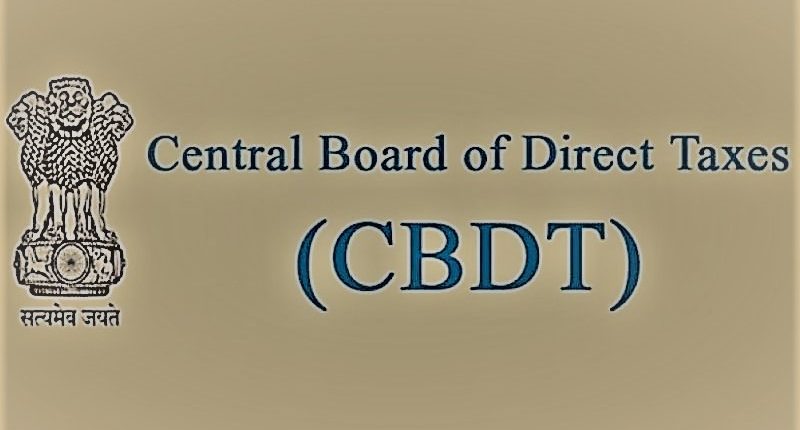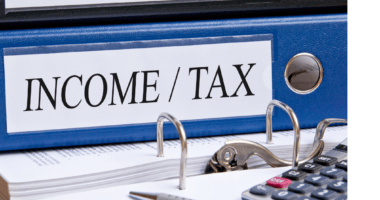Followed by the Prime Minister’s statement of making India a $5 trillion economy by 2024-25, Uttar Pradesh’s Chief Minister has announced his plans to make his state a $1 trillion economy. The announcement brings in the discussion of state-wise wealth concentration.
Going deeper, it was found that the major share of the country’s wealth is concentrated in a few states. The wealth gap between individual states is glaringly wide.
The latest data of tax collection as per the Central Board of Direct Taxes (CBDT) was released. The data reveals that Maharashtra, Delhi, and Karnataka contribute 61% of the country’s total revenue from direct taxes. Including the contribution of Tamil Nadu and Gujarat will aggregate to 72% of the total revenue.
Direct taxes include income tax paid by individuals and corporate tax paid by firms. It is a general notion that more revenue collection implies higher income. It also implies better employment opportunities and greater ease-of-doing-business. Greater revenue collected states are also those that have greater avenues for economic activities.
Also Read: Government unlikely to replace the Income Tax Act with Direct Tax Code
It was found that the large and populous states like Uttar Pradesh, Bihar, and West Bengal fare poorly. Bihar, the third most populous state accounts only 0.65% to the total direct tax collection. Uttar Pradesh, the most populous state and West Bengal, the fourth most populous state contributed to 3.12% and 4% of the total tax collection.
The poor collection of taxes shows the absence of formal sector employment and corporates. It also shows that the working population in these states are not part of the salaried class. If they were a part of the salaried class, the revenue from income tax would have not been so low as compared to the population of these regions.
For any clarifications/feedback on the topic, please contact the writer at apoorva.n@cleartax.in





